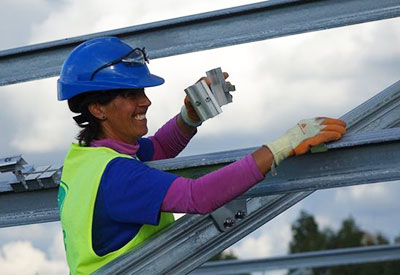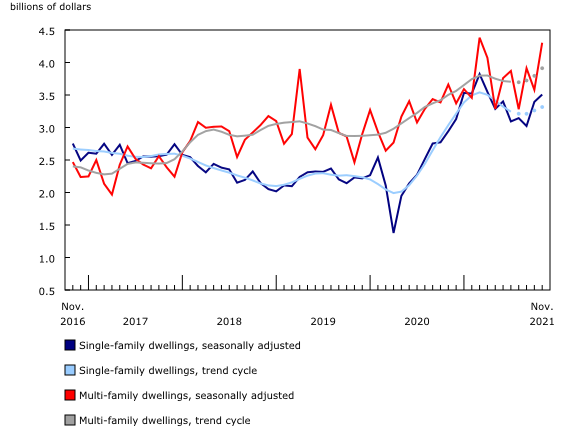Is Canada Ready for the Future?

Dec 17, 2018
By Rick McCarten
Two major things have happened to Canada recently, which I can’t help thinking are indications of our lack of preparedness for what is happening in the world around us. There is some evidence of a plan, but we as Canadians have never really had a good discussion about the impacts.
What are the two major issues? Well, both are disruptive.
The first is the price of crude oil in Alberta. Prices have fallen, while America has found a surplus in fracking. Tar sand oil’s main importer (the USA) now produces more oil than any other country in the world. The U.S. has found another reason to slow down the building of an additional pipeline to Texas — further complicating our issue. And of course, we have struggled to build a pipeline to sell to our Pacific “neighbours”; never mind our fellow citizens in the east.
The world is haemorrhaging oil and we cannot compete.
The second issue is the shutdown of General Motors’ Oshawa Plant. Full disclosure, I grew up in Oshawa, when every second worker was a GM employee, and most of the remaining others, worked for someone who sold to GM. Since then, the GTA suburban creep has swarmed into the city; its population has more than tripled and people working for GM are more likely living further east in Port Hope, Cobourg or even Belleville. The company has been downsizing since 1980. Nobody is really surprised, but everyone is still shocked.
GM is moving to eliminate internal combustion engines for cars. Their thought is that transportation will be electric and autonomous. Their plan is to be ready by 2023. Volvo’s plan is to be ready with EVs by 2020. Ford has a similar plan, as does Volkswagen. The major car manufacturers are all moving away from combustion engines to electric — creating even lower demand for oil and manufacturing.
If we consider both issues as one, we face an even greater problem in Canada. The world is finding other means of generating and using power. It is downsizing its use of oil and not building combustion engines that use oil. The world is changing; are we keeping up with the changes?
Evidence shows that Canada is keeping up. We have built a high-tech corridor between Toronto and Waterloo. GM may be closing its 100-year-old plant, but it is keeping its 750 engineers in Markham to work on autonomous vehicles.
Someone sees the future and is actively moving us in the right direction. We, as Canadians, have just not had an open discussion on what this means. Are we ready to replace 2,600 labourers with 750 engineers? Are we ready to replace workers in the oil fields with robots, marketers, salespeople and technicians?
All of this is very disruptive. Even more so when you realize that there is a good chance that labourers will not be filling the new jobs.
Even within our industry, there is a great opportunity to be part of the electrification movement. But it comes at a huge disruption — losing the revenue of servicing oil fields and the automation of factories that build internal combustion engine vehicles.
So, do we fight to hold the past, or do we jump into the future?
Maybe a little of both, some rearguard action, but we need to set a clear vision forward. And not just as an industry, but as a country.
We need to sell the future. Canadians need to be more positive about it. We need to show the benefits and solve the shortcomings.
If not, the risk is that as a democracy a populist could come along to rally the troops who are losing their jobs and claim to take us back to the good old days, before computers, before smart phones, before technology.
History shows that there is only one way to be great… by going forward.
Rick McCarten is VP, Operations, Electro-Federation Canada.











